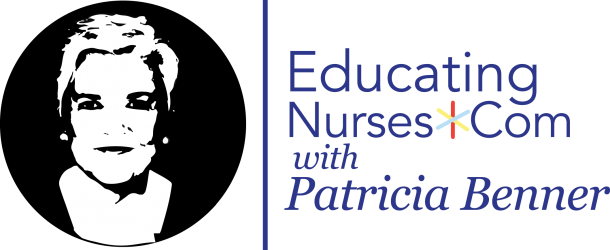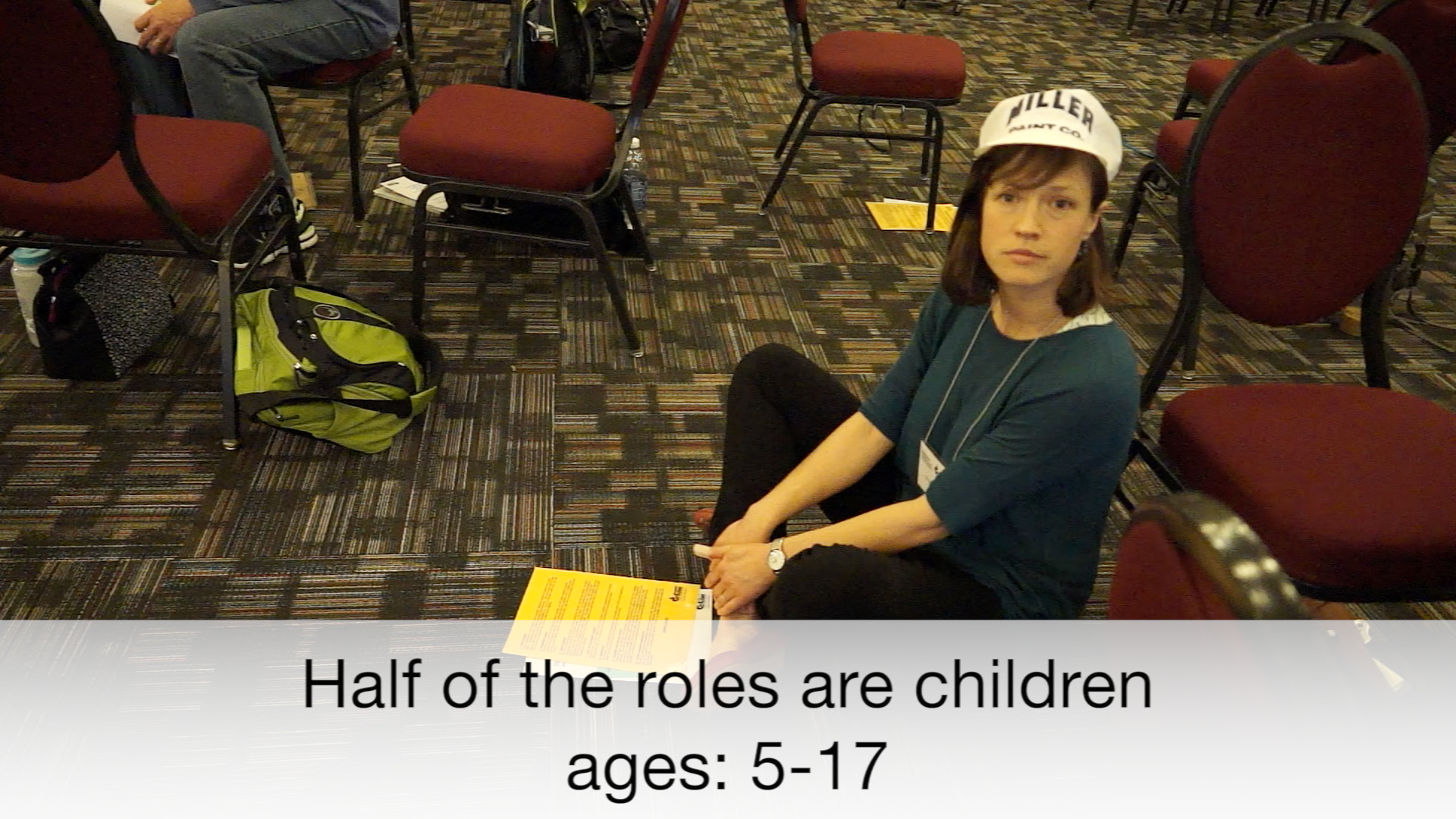Video Library
Our comprehensive Educating Nurses video library is available to subscribers only. To become a subscriber click the button below.
Join now for full accessPart I: Setting up and Planning The Missouri Action Poverty Simulation
Part One gives the overview and history of learning goals and history of this simulation, and how three nursing schools in Oregon Nursing Education collaborate to create this community health and cross-cultural experiential learning about living in poverty. Student roles in the simulation and community service providers play in this simulation are provided. To learn more about this simulation online go to:
Poverty Simulations: Experience Living in Poverty
Community Action Poverty Simulation (CAPS) promotes a greater understanding of poverty. During the simulation, participants role-play the lives of low-income families from single parents trying to care for their children to senior citizens trying to maintain their self sufficiency on Social Security.
What?
A live-action simulation to role-play lives of low income families.
Why?
Understand poverty through an experiential setting, empower low-income volunteers to interact with leaders from their community, view poverty as a reality
For who?
Policy makers, local community leaders, students and organizations
Each Poverty Simulation Kit contains:
• Director’s Manual
• Resource Packets
• Family Packets
• Compact Disc
Each kit is all-inclusive and reusable. It comes in a large, convenient storage container on wheels to be used as many times as you want
This full video is only available to our members but please enjoy our preview below.
Video Library
Our comprehensive Educating Nurses video library is available to subscribers only. To become a subscriber click the button below.
Join now for full access COMPANION ARTICLE COMPANION VIDEO 1 COMPANION VIDEO 2 COMPANION VIDEO 3 COMPANION VIDEO 4

We have been using the Poverty Simulation in our Community Nursing classes for several years and are also involved in research to determine how effective this is at changing student attitudes toward the poor